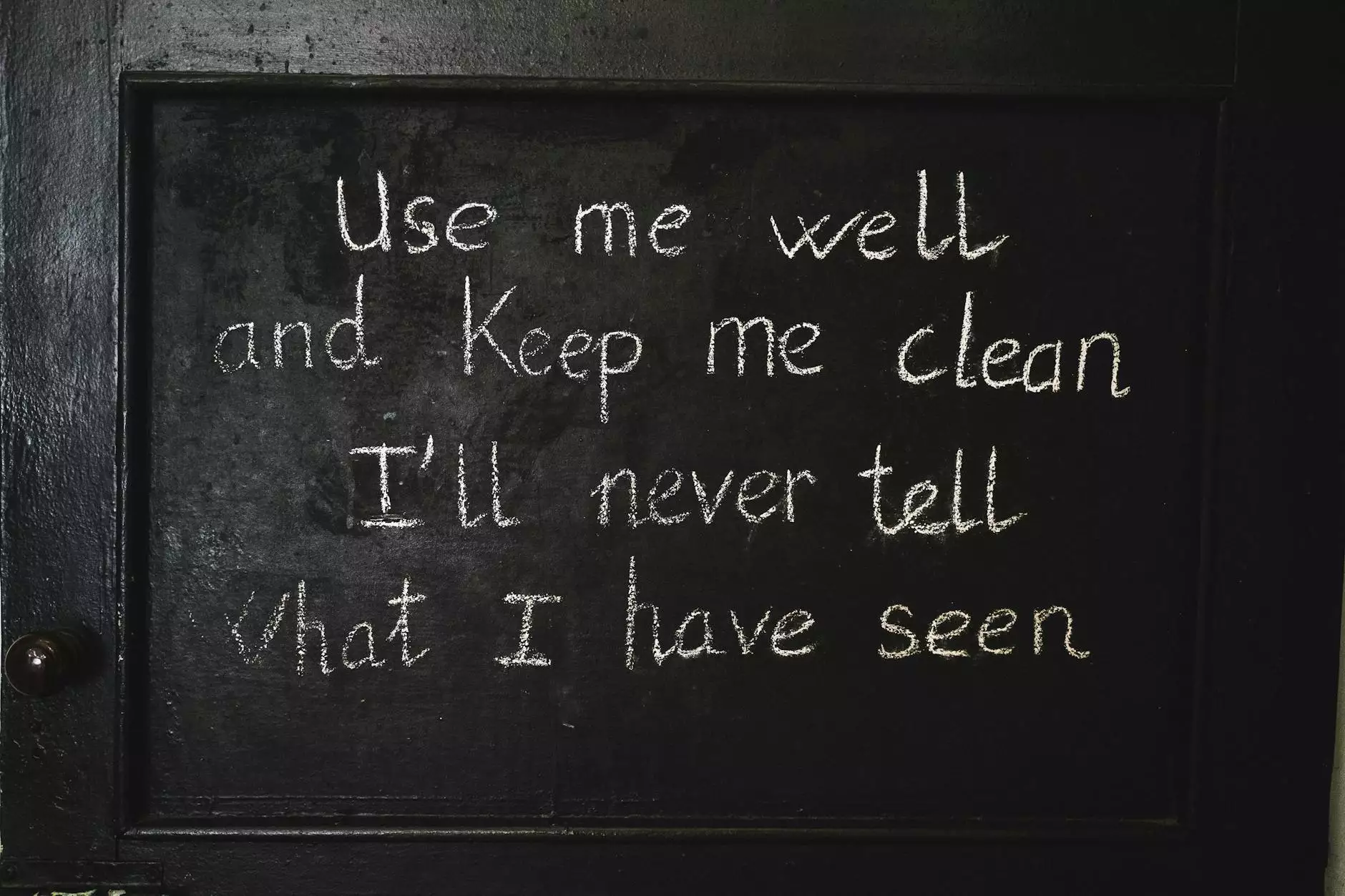Warning Signs of Dyslexia

Understanding Dyslexia: An Overview
Dyslexia is a complex learning disorder that affects individuals' ability to read, write, and spell. It is important to recognize the warning signs of dyslexia early on in order to provide appropriate support and intervention. In this comprehensive guide, we will explore the common warning signs of dyslexia and provide insights into the challenges faced by individuals with dyslexia.
Early Indicators and Signs to Look Out For
Recognizing early signs of dyslexia is crucial for effective intervention. While each individual may exhibit unique symptoms, there are several common indicators that could suggest the presence of dyslexia:
- Difficulty learning the alphabet and associating letters with sounds
- Struggles with rhyming and manipulating sounds in words
- Slow or inaccurate reading with poor comprehension
- Difficulty spelling and memorizing sight words
- Problems with letter reversals or mirror writing
- Challenges in following multi-step instructions
- Poor handwriting and difficulty with fine motor skills
Early detection of these signs can lead to early intervention, allowing individuals to develop strategies and skills to manage dyslexia effectively.
Impacts on Learning and Daily Life
Dyslexia can significantly impact various aspects of an individual's life, including academics, work, and self-esteem. It is important to understand the potential challenges that individuals with dyslexia may face:
- Academic Challenges: Difficulties in reading, writing, and spelling can lead to struggles in various subjects, hindering academic progress.
- Low Self-Esteem: Persistent difficulties can affect self-confidence, leading to feelings of frustration, anxiety, and a negative self-image.
- Emotional and Social Difficulties: Dyslexia can make it challenging to keep up with peers, leading to social isolation and emotional strain.
- Career Challenges: Untreated dyslexia may impact job prospects and performance, affecting career progression.
By understanding the potential impacts, it becomes evident why early identification and support for dyslexia are so important.
Support and Strategies for Dyslexia
Fortunately, there are numerous resources and strategies available to support individuals with dyslexia. These include:
- Individualized Education Plans: Collaborate with educators to create customized learning plans to address specific needs and accommodations.
- Multi-Sensory Learning Approaches: Utilize techniques that incorporate auditory, visual, and kinesthetic elements to reinforce learning.
- Assistive Technology: Access a range of tools and software designed to enhance reading, writing, and spelling abilities.
- Specialized Tutoring: Enroll in tutoring programs specifically tailored to improve reading and writing skills.
- Supportive Classroom Environment: Promote inclusivity and understanding, fostering a positive learning environment for students with dyslexia.
- Parent and Caregiver Involvement: Collaborate with parents and caregivers to ensure consistent support and understanding both at school and at home.
By implementing these strategies and accessing appropriate support, individuals with dyslexia can thrive academically and develop effective coping mechanisms.
Conclusion
Understanding the warning signs of dyslexia is crucial for timely intervention and support. By recognizing the early indicators, individuals can access the necessary resources, strategies, and accommodations to overcome the challenges associated with dyslexia. If you suspect that you or someone you know may be exhibiting signs of dyslexia, seeking professional guidance and support is recommended.










